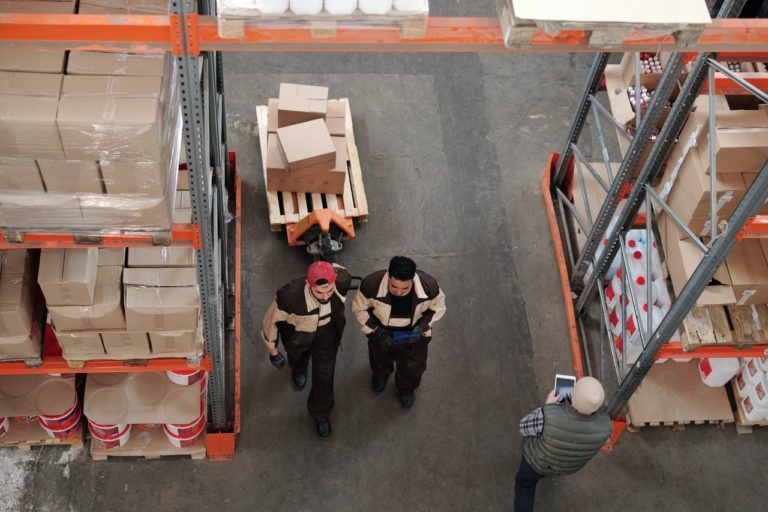The international market is extremely competitive. Importers and retailers evaluate a new foreign product mainly based on price, quality, and reliability of supply. In order to succeed, you must offer a new product or be able to push aside competitors with a more attractive offer in terms of design, quality, price or service. Buyers evaluate potential exporter partners, based on key attributes such as a company’s reliability, experience, competence, ability to source their raw materials and a determined commitment to a long-term business relationship. You must therefore demonstrate your capacity to deliver the product in an efficient manner, with professional attention to servicing your exports and a commitment to careful development of the business relationship with the buyer over the long term. Any failure to give buyers excellent service will result in the buyer quickly turning to other suppliers. Good communication is key to your long term success.
Most markets offer great opportunities to exporters willing to make the investment necessary to build long term relationships. Therefore consider your primary contact in the target market (the agent, distributor, importer, wholesaler, retailer or other) as a long-term partner. Keep lines of communication open, use email to stay in touch (fax machines where preferred by the importer or where email is inadequate), respond immediately to all communications, and nurture the relationship.
Developing a reputation for reliability is essential. In addition to exporting only quality products, make every effort to effect timely delivery and continuity of supply. Both are vital factors influencing the decisions of purchasers about who will become their foreign suppliers. The most important factors for dealing successfully with buyers, and thus establishing your reputation for reliability, include the following:
Suppliers should maintain good communications with their buyer throughout the entire sales and after-sales process. Same day response to every communication, preferably by e-mail. Use e-mail as the primary tool for disseminating your marketing material. It immediately shows the potential buyer, who gets many of these offers each week, what you are capable of. Buyers who cannot readily contact an exporter will quickly turn to other sources of supply. Send an interim note if information is not immediately available. Give a reasonable date for when all the information would be ready and honour that date;


On first contact with a new supplier, an importer will likely request samples which might require adaptation to local preferences and sizes, and will be assessed for compliance with domestic regulations and standards. Ensure that you provide the sample well within the requested timeframe and that the sample is as per request and of impressive quality and value. The buyer will look at your sample and how you handle the request to provide one as concrete proof of your capability and an example of how you would handle a potential business relationship. This will assure the buyer that you are a viable alternative source of supply. Follow-up orders must match the quality of this sample;
No surprises: Buyers expect delivery of the product they purchase, corresponding precisely with agreed-to specifications and samples, with any changes agreed to in advance with the buyer;
Continuity of supply: Maintaining delivery of high quality products at competitive prices. Unavoidable delays should be immediately reported (in advance, when delay is foreseen) and justified to the buyer; ask the buyer to accept the delay;
Ensure appropriate packaging material for overseas shipments and adequate handling and storage facilities. Do not hesitate to seek advice on these and other matters from your buyer or other trade professionals in the market;
Provide accurate information and follow up key sales calls in person as soon as possible;


Develop professional company and product promotional materials. Along with standard product specifications, descriptions and photos, include factory and facility pictures and descriptions as well;
Get to know the market and your importer. Read trade publications and visit trade shows and retail stores to get a feel for the market;
If you are asked for exclusive rights to your product, you should include a clause in the contract for a minimum level of annual purchases. Be flexible and solicit feedback from your buyer on your product and trade relations. Put all verbal agreements in writing;
Efficient handling of export procedures and full knowledge of payment terms is essential to your success.
Finally, be aware and prepared to deal with all items a buyer may cover in negotiating with a supplier. These include:
Product
packaging
logo mould
breadth of product line
quality
price range
product exclusivity
country exclusivity
special arrangements
Supply
availability of product
promptness of initial delivery
availability of repeats
promptness of repeats
product substitution
complete or split shipments
order revision
reliability of shipping direct to market
